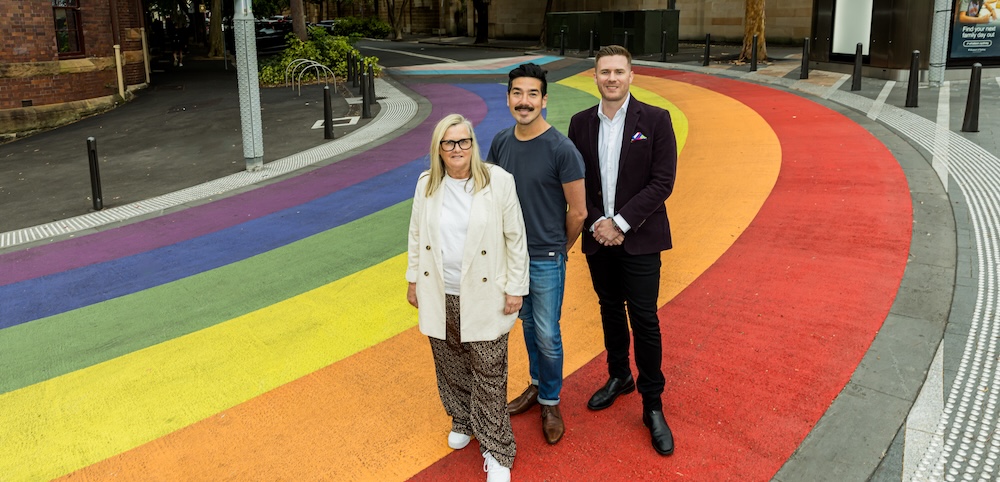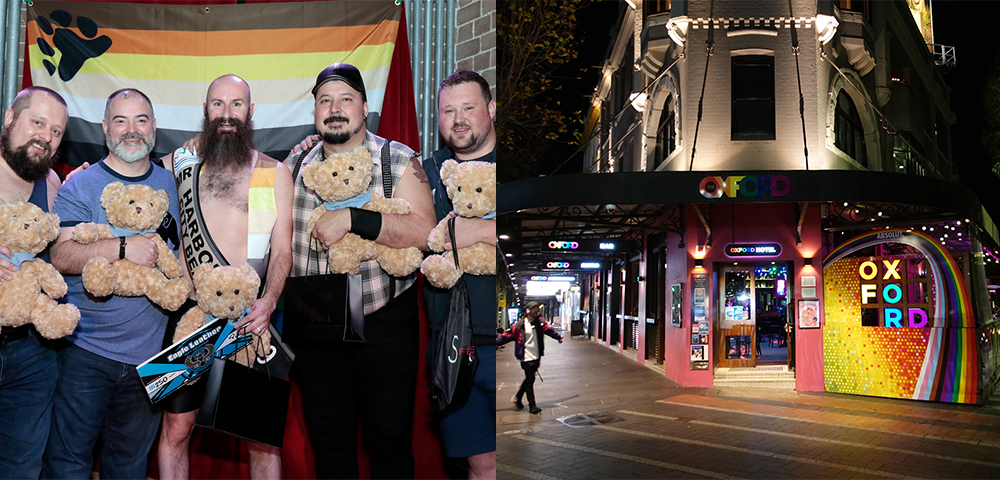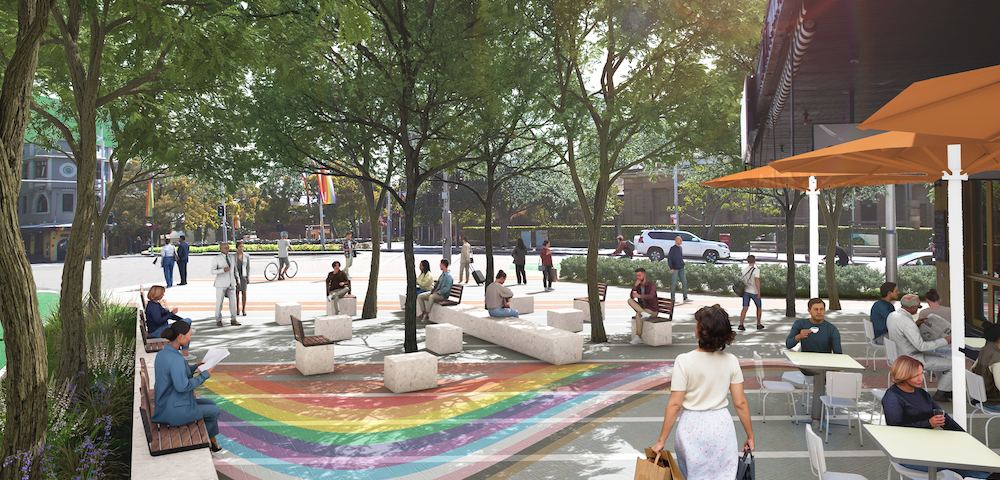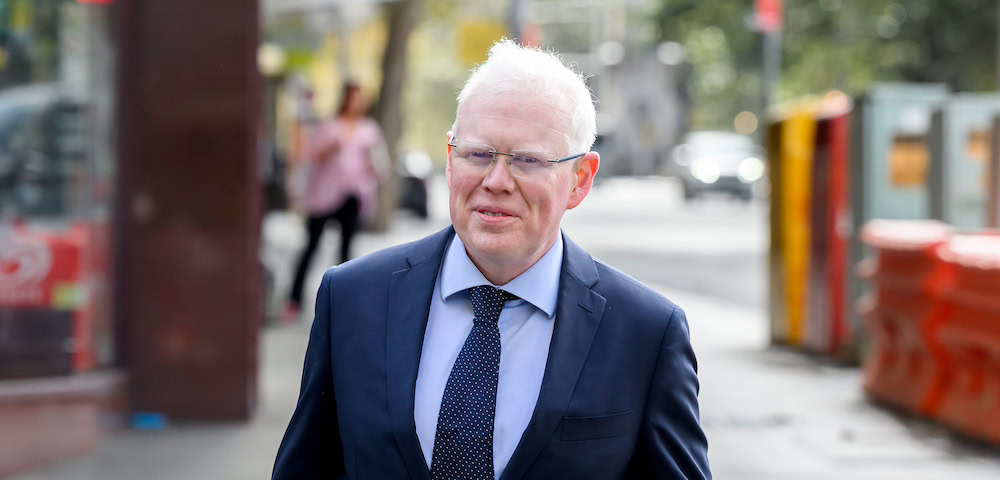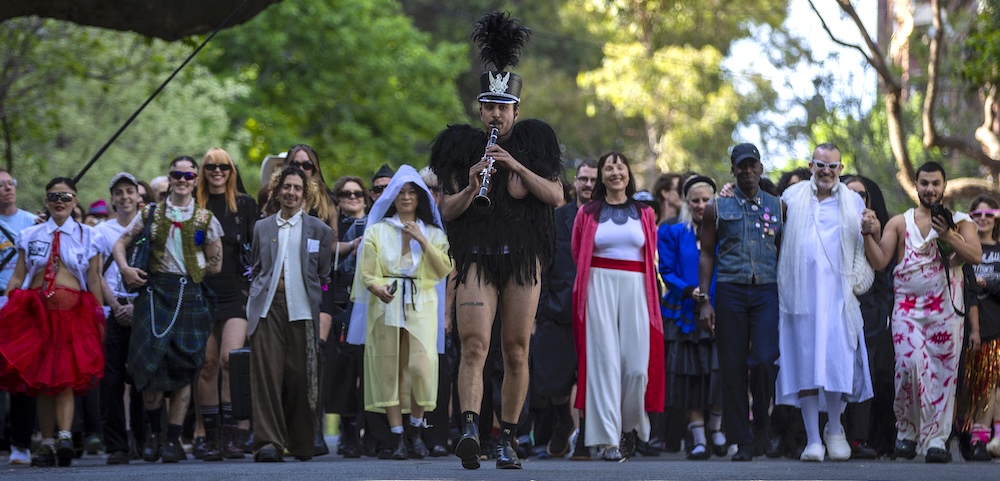
Gay marriage
A court ruling in the Canadian province of Ontario has shaken up the gay marriage debate in the nation, after it was deemed unconstitutional not to allow same-sex couples the right to a marriage licence.
The groundbreaking ruling, which was handed down on 12 July by the Ontario Superior Court, also included an order to the Canadian federal parliament to officially redefine the term marriage within the next two years.
Canadian law currently defines marriage as a union between one man and one woman to the exclusion of all others. However, last week’s ruling asserted that granting marriage licences to only heterosexual couples violates Canada’s Charter of Rights and Freedoms.
While gay and lesbian rights advocates are hailing the decision as a major step toward nationally recognised same-sex marriage, it is likely that last week’s Supreme Court decision will be appealed.
The judgment comes at a tumultuous time for the gay marriage debate in Canada.
Qu?cois couple Rene Leboeuf and Michael Hendricks, who challenged the federal government in the Supreme Court in November over their constitutional right to marry, are still awaiting a ruling on their case.
Similar cases that arose in two other Canadian provinces are also expected to reach the Canadian High Court this year.
However, the adoption of a new Civil Union Act by the Qu?cois government has granted limited and controversial concessions to same-sex couples wanting their relationships legally recognised in the province.
Last week, partners Roger Thibault and Theo Wearing became the first same-sex couple to take advantage of the Quebec Civil Union Act, exchanging rings and signing the register at the Montreal Court House before a deputy clerk.
Many rights activists have scoffed at the Civil Union Act as a token move by the Qu?cois government because while it recognises same-sex couples legally joined in civil union, the Act falls short of granting them equal rights to married couples.





